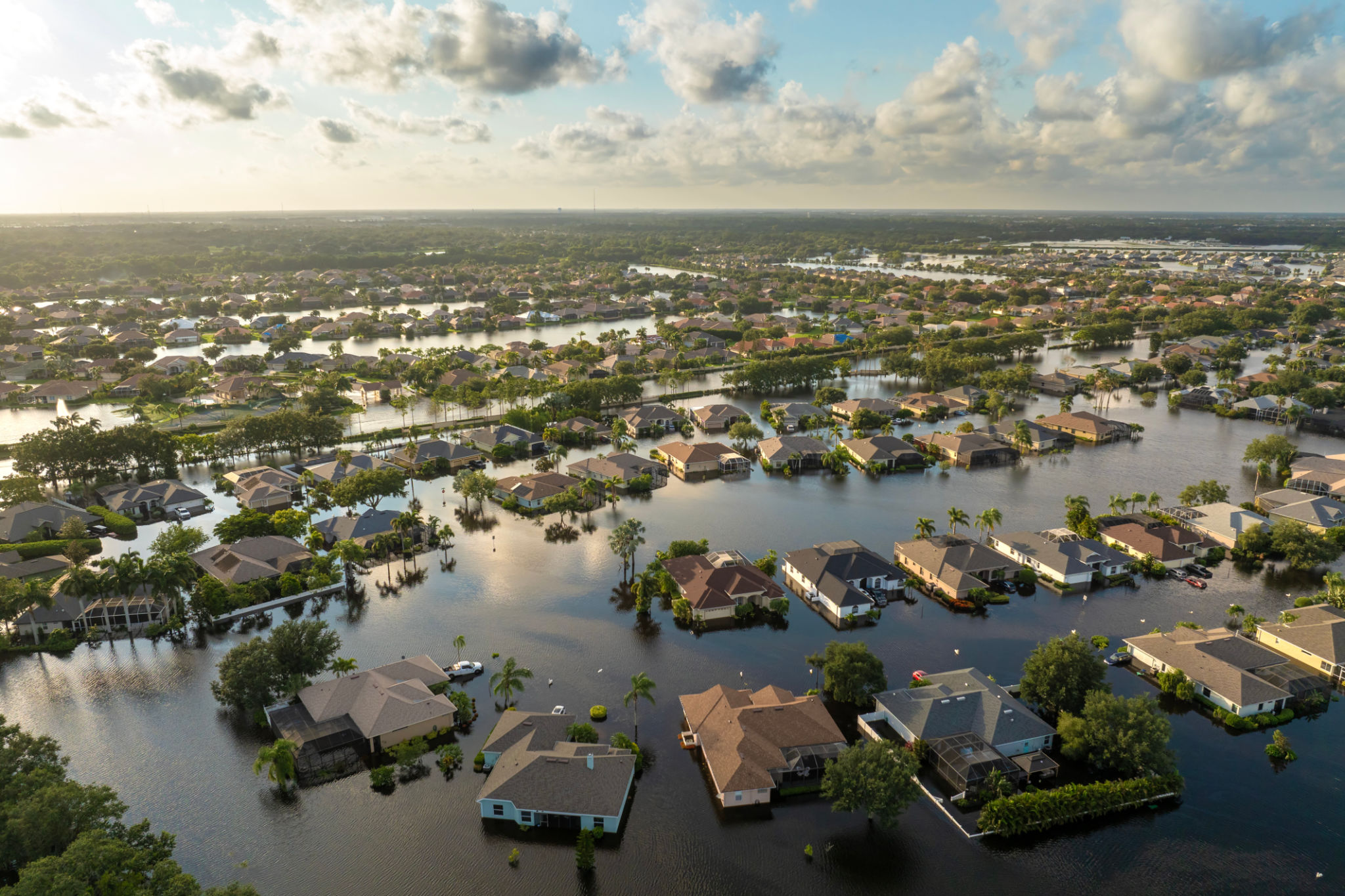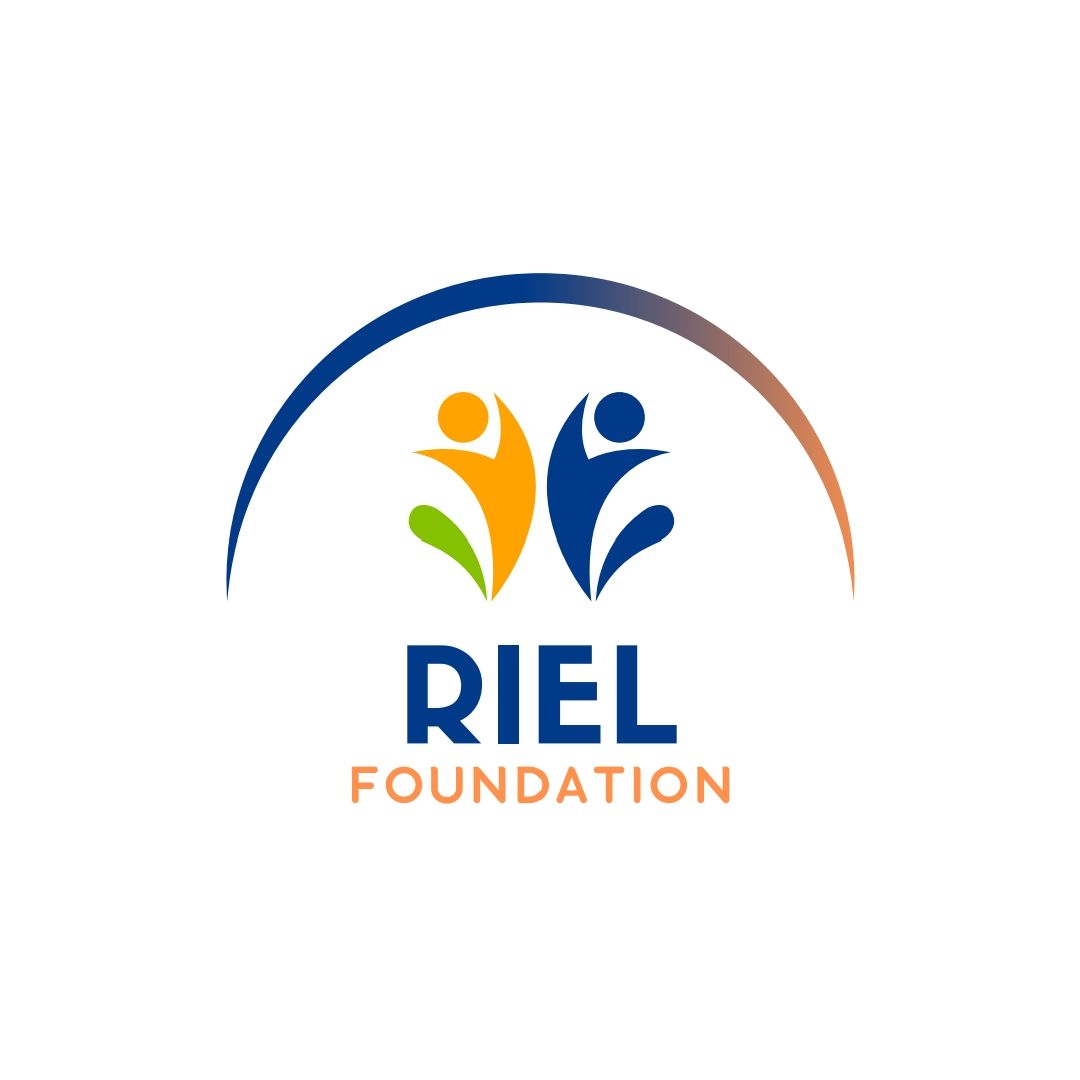Seasonal Health Challenges in Rivers State: How Foundations Provide Solutions
Understanding Seasonal Health Challenges in Rivers State
Rivers State, located in the southern part of Nigeria, is known for its rich culture, vibrant cities, and lush landscapes. However, the region is also susceptible to a range of seasonal health challenges due to its tropical climate and geographical features. These challenges require effective solutions to ensure the well-being of its residents.
The rainy season, which typically lasts from March to November, brings about a host of health issues. The increased rainfall leads to flooding in many areas, creating breeding grounds for mosquitoes and increasing the risk of malaria and other water-borne diseases. Additionally, the humidity and damp conditions can exacerbate respiratory problems.

The Role of Foundations in Mitigating Health Risks
Foundations and non-governmental organizations (NGOs) play a crucial role in addressing these seasonal health challenges. Through various initiatives and partnerships with local communities, they work tirelessly to provide solutions that improve public health outcomes.
These organizations often focus on education and awareness campaigns to inform residents about preventive measures. They distribute mosquito nets, organize vaccination drives, and promote hygiene practices to reduce the incidence of disease during the rainy season.

Innovative Solutions and Community Engagement
Another significant contribution of foundations is the implementation of innovative solutions tailored to the unique needs of Rivers State. For example, some organizations have introduced water purification systems and sanitation facilities to combat waterborne diseases. These efforts not only address immediate health concerns but also contribute to long-term community resilience.
Community engagement is essential for the success of these initiatives. Foundations often work closely with local leaders and residents to ensure that solutions are culturally appropriate and widely accepted. This collaborative approach helps build trust and encourages active participation in health programs.

Case Studies: Successful Health Interventions
Several foundations have made significant strides in improving health outcomes in Rivers State. One notable example is the establishment of mobile clinics that travel to remote areas, providing essential medical services to those who lack access to healthcare facilities. These clinics offer routine check-ups, maternal care, and treatment for common illnesses.
Another successful initiative involves training local health workers to identify and respond to seasonal health threats effectively. By empowering residents with knowledge and skills, foundations help create a sustainable model for managing health challenges year-round.
The Impact of Collaborative Efforts
The collective efforts of foundations, NGOs, government agencies, and local communities have led to tangible improvements in public health in Rivers State. By addressing seasonal health challenges through innovative solutions and community engagement, these organizations are making a lasting impact on the lives of many residents.
As these initiatives continue to evolve and expand, they offer valuable insights into how other regions facing similar challenges can develop effective strategies for improving public health.

